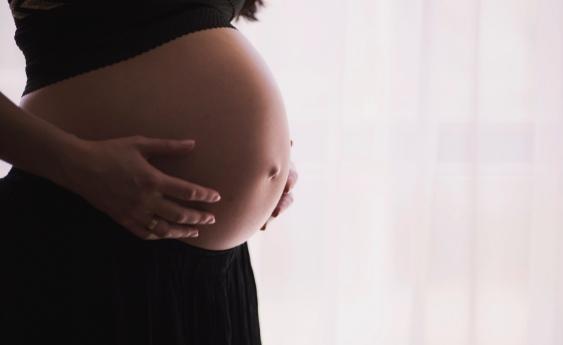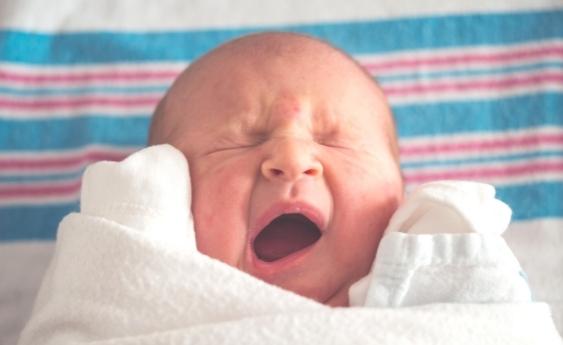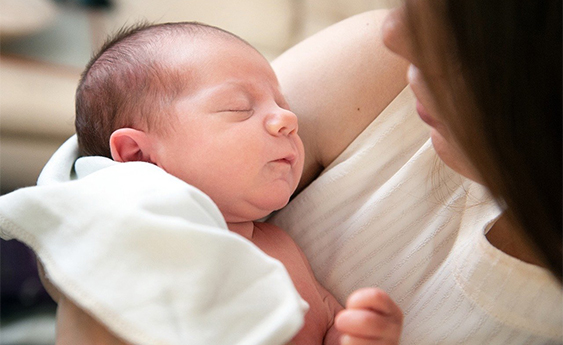
Why you shouldn’t stress about your kid being a picky eater
Picky eating is one of those challenges that’s practically guaranteed to make parents go bananas. Not only is it frustrating to cook a healthy meal, have your child refuse it and then get into a battle of wills, but behind that frustration can be real concern — is my child getting all the nutrients they need to grow and develop?

High blood pressure during pregnancy can warn of heart disease risk years later
More evidence suggests pregnancy is a kind of stress test for the heart, revealing a woman’s pre-existing predisposition for a heart attack or stroke years after giving birth. Women who developed high blood pressure while pregnant had a 63% increased risk for developing cardiovascular disease later in life, researchers reported this month in the Journal of the American College of Cardiology.

How can you tell if your baby has an allergy? Five signs to look out for
Knowing when you’re allergic to something is important, so you can take steps to avoid a reaction. But when babies and toddlers can’t communicate their discomfort like adults would, how can you tell if something might be aggravating them?

5 tips for pregnant women to prevent iron deficiency
Iron is an important nutrient for both pregnant women and their babies as it transports oxygen around the body

WHO urges quality care for women and newborns in critical first weeks after childbirth
The World Health Organization (WHO) today launched its first ever global guidelines to support women and newborns in the postnatal period – the first six weeks after birth. This is a critical time for ensuring newborn and maternal survival and for supporting healthy development of the baby as well as the mother’s overall mental and physical recovery and wellbeing.
 \
\